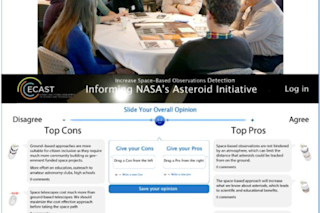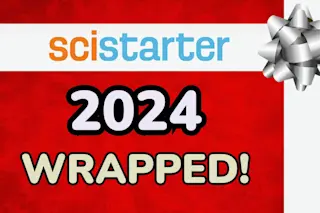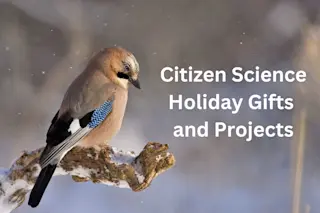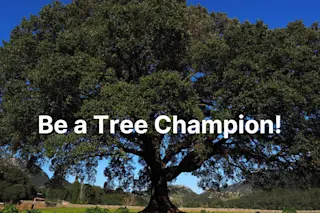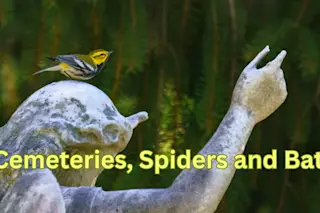The U.S. Government Accountability Office (GAO) is the investigative arm of Congress charged with examining matters relating to the receipt and payment of public funds. This week, the GAO published a new report on ways federal government agencies can engage and collaborate with multiple entities and individuals external to these agencies to address existing and future challenges facing the nation. The report identifies and provides examples of best strategies for open innovation defined as “using various tools and approaches to harness the ideas, expertise, and resources of those outside an organization to address an issue or achieve specific goals.” GAO identified five open innovation strategies currently practiced by federal government agencies: idea generation; open data collaboration; open dialogue; prize competition or challenge; and crowdsourcing and citizen science.
One of the strong examples of open innovation initiatives cited in the report was the Asteroid Data Hunter challenge. This challenge was a ...


